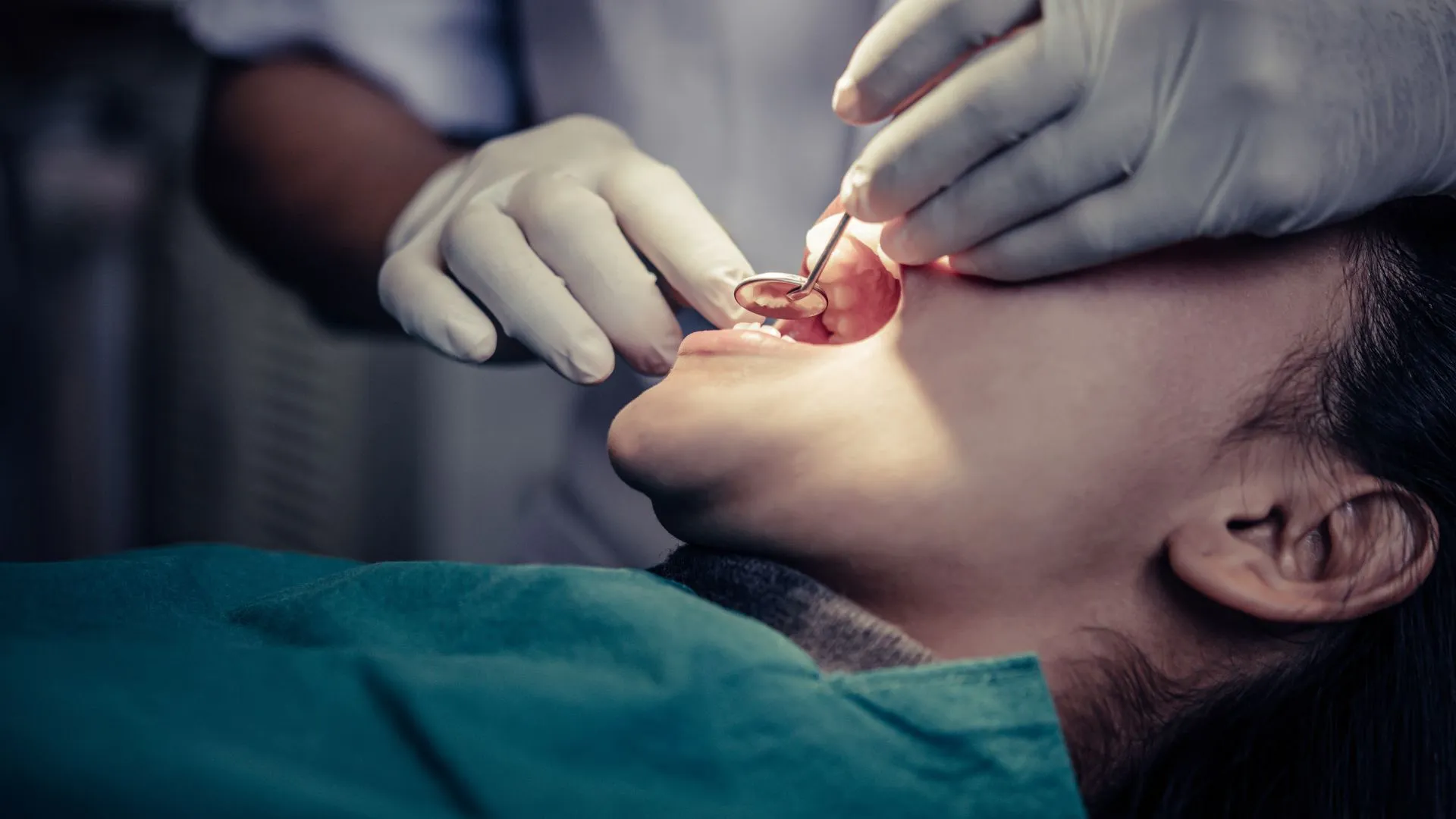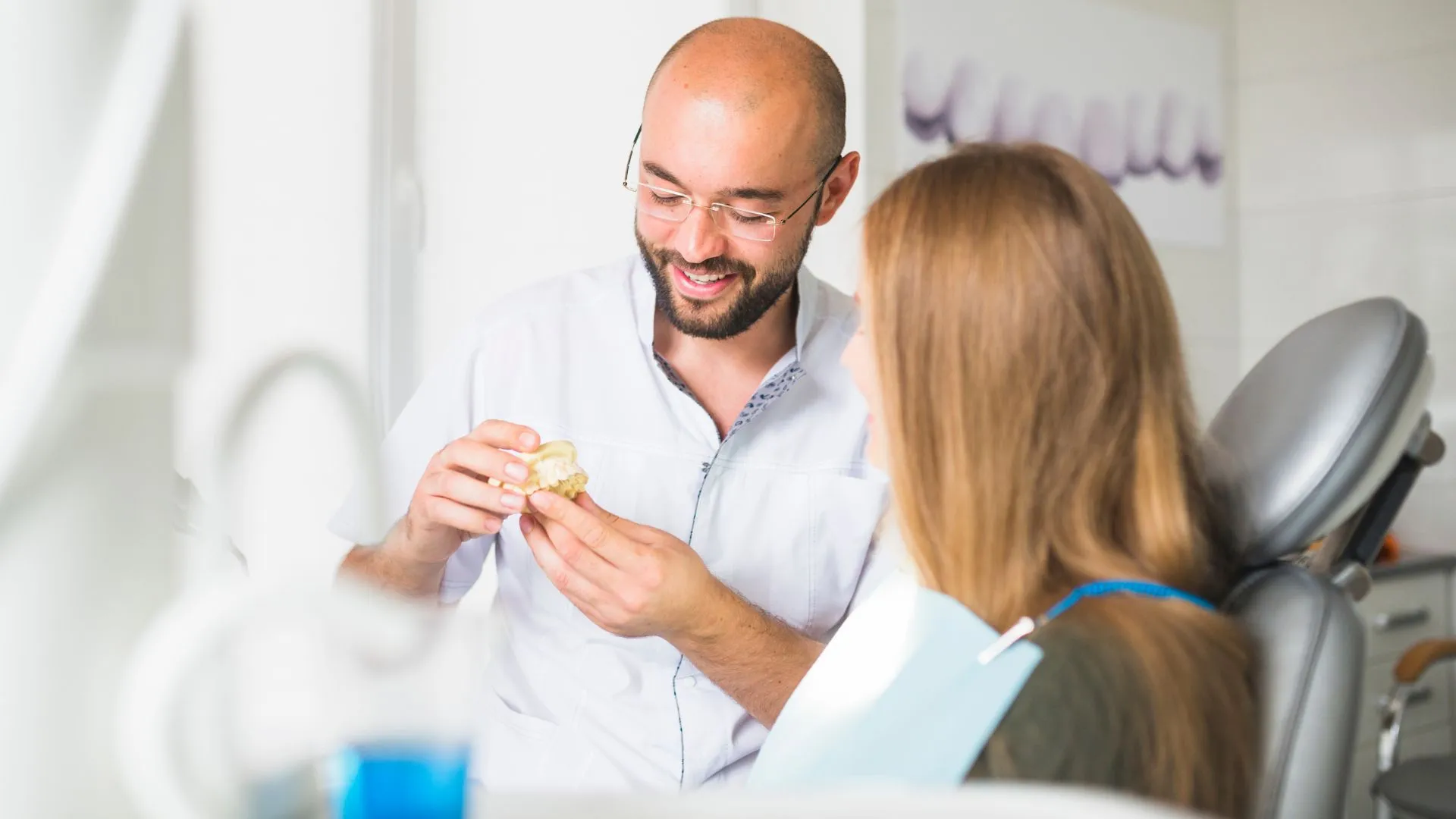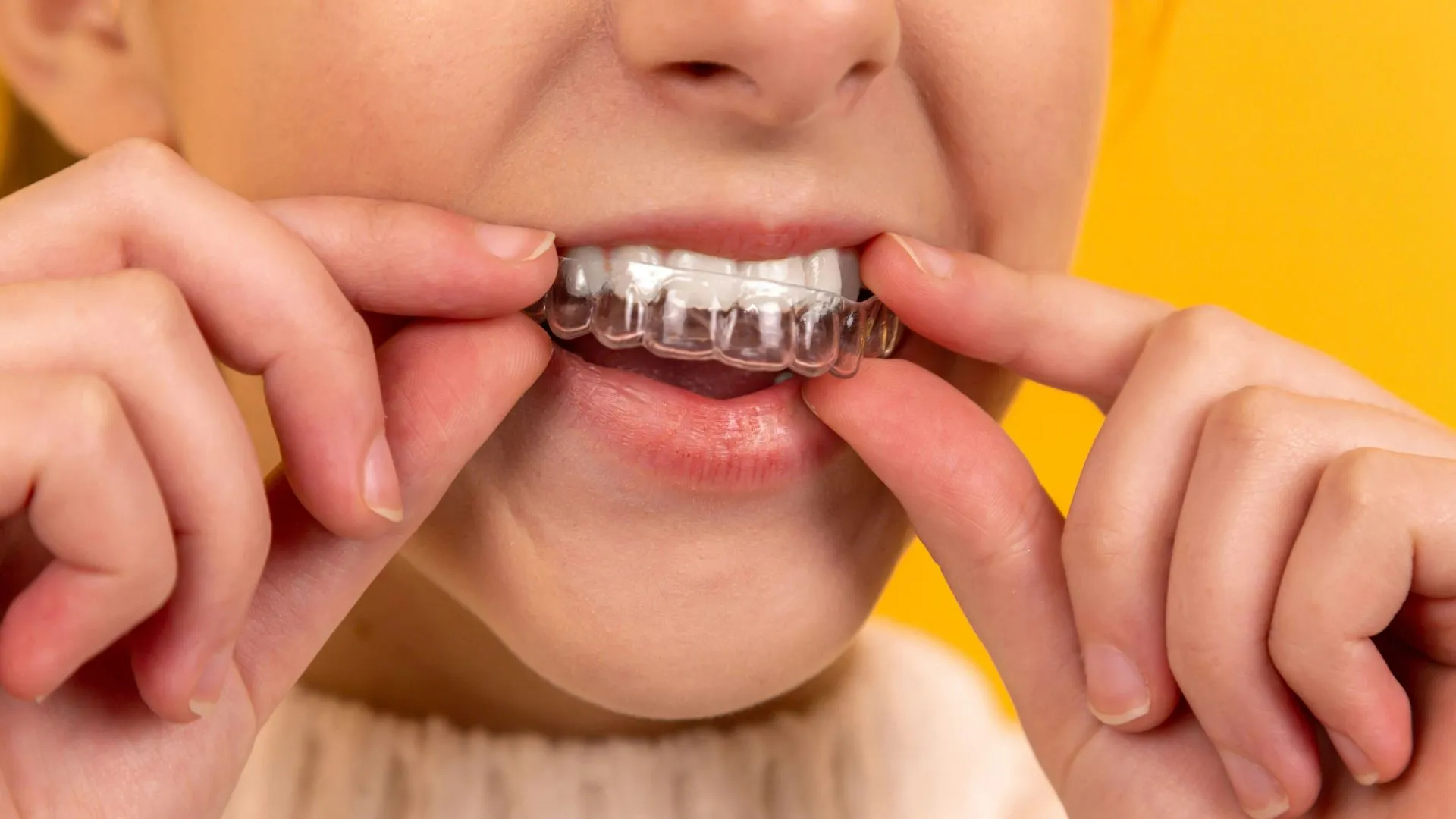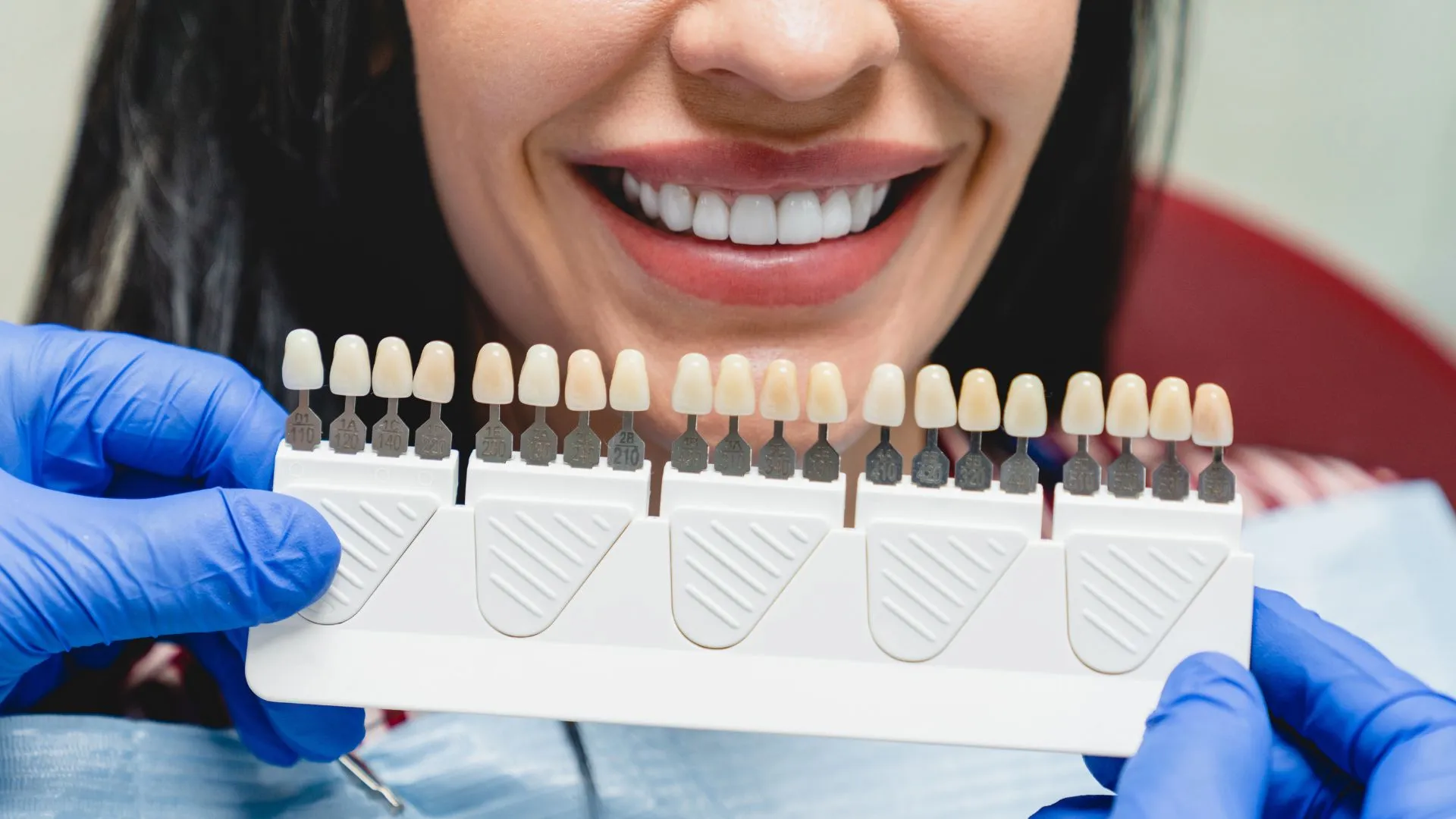There is always a risk of infection after a surgical procedure, and dental implants are no exception. Teeth implants are one of the best ways to correct missing teeth. They are a permanent solution that offers fantastic results that improve the function…
There is always a risk of infection after a surgical procedure, and dental implants are no exception. Teeth implants are one of the best ways to correct missing teeth. They are a permanent solution that offers fantastic results that improve the function and appearance of your mouth. When you are first considering getting dental implants it’s important to know what is involved in the procedure as well as what happens after.
Caring for your dental implants is a crucial piece of maintaining the longevity of the implant and artificial tooth. A dental implant is a piece of hardware, usually made from a titanium alloy that screws into the jaw bone. It takes a fair amount of time for the implant to fuse to the jaw bone but is necessary for the implant to be secure enough to hold an artificial tooth. Your oral surgeon will need to cut the gum and drill into the bone in order to place the implant. Because the procedure involves opening up your gum and penetrating the bone, it can put you at risk for infection.
If an infection sets in after the gums have begun to heal, it may be an indicator that the implant post has loosened. If this happens, the oral surgeon will simply tighten the titanium screw and likely prescribe a course of antibiotics. The bone surrounding the implant also can become infected or fail to heal. This situation is rare, but when it occurs, removing the implant is typically required until the area is healed.
Symptoms of a dental implant infection
Now that you know what can cause an infection, let’s take a look at some of the symptoms a patient may experience if they have a bacterial infection after surgery. One clue you might have an infection after surgery is continued bleeding. It’s entirely normal to have to bleed after surgery, but if it persists longer than 24 hours, this could indicate a problem.
A slight fever can be common after surgery, but if it rises and lasts more than a day, an infection is likely the cause. Throbbing pain and swelling are other indications that are noticeable with an infection.
If you are having any of these problems, it’s best not to wait, and call your dentist to make an appointment. With swift treatment, you can eliminate the infection and prevent damage to your implant and the healing process.
The causes of infection, and how you can prevent it
Infection is the most common risk of dental surgery. Because the area being worked is exposed and healing takes a while it can become a breeding ground for bacteria. The good news is the risk of infection is really low and is easily treatable if you see your dentist at the first warning signs. Your dentist will prescribe an antibiotic that will clear up the problem.
Infection after surgery can be attributed to a number of factors. The first cause of infection can come from not staying on top of your oral hygiene habits. This includes brushing multiple times a day and flossing. Directly after surgery, it may seem like the furthest idea from your mind, after all going anywhere near the incision can make you cringe out of fear of pain. However, it is recommended to start cleaning the area out as soon as possible. This doesn’t mean you should go at your teeth vigorously with the toothbrush.
Gentle brushing and flossing are enough to deter bacteria from settling in. After your surgery, your dentist will probably also have you gargle with salt water daily. This will also help to keep the mouth clean and help to prevent infection. The idea is to make the mouth as least hospitable to germs. The more you keep the mouth clean the less chance of problems. If an infection happens weeks after surgery, this could be a sign that the implant has moved. It is very important to see your dentist immediately to evaluate if the implant has shifted or moved out of place.
Preventing infection is limited to a patient keeping their surgical area clean. As with any surgery, it’s important to listen to your surgeon and follow any directions they give you. Some common instructions are to avoid crunchy foods for a period of time after surgery, brush 3 times daily, and gargle with saltwater. Sometimes an infection can happen due to something occurring during surgery. But the risk of an infection during the procedure is very minimal. While the risk of infection is really low, it is still a possibility and it is good to know the warning signs and symptoms. If you don’t get the infection looked at it could potentially cause implant failure and bone loss. Bone loss can lead to it being very difficult to place a different implant and may require further procedures such as a bone graft.



